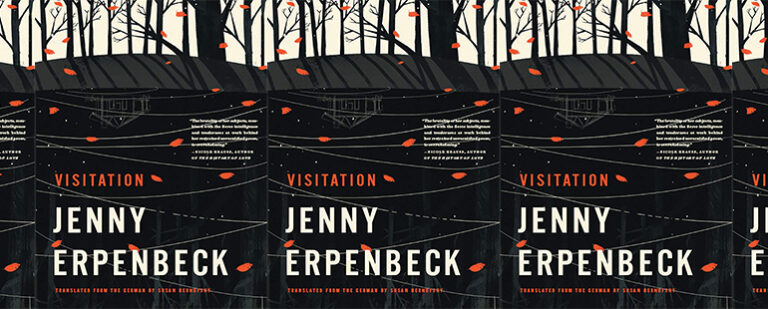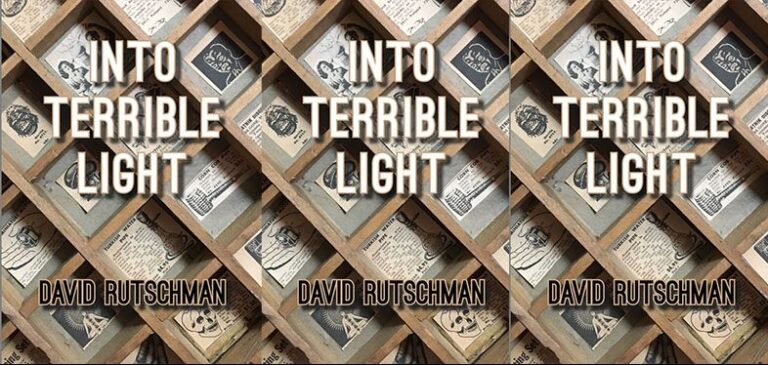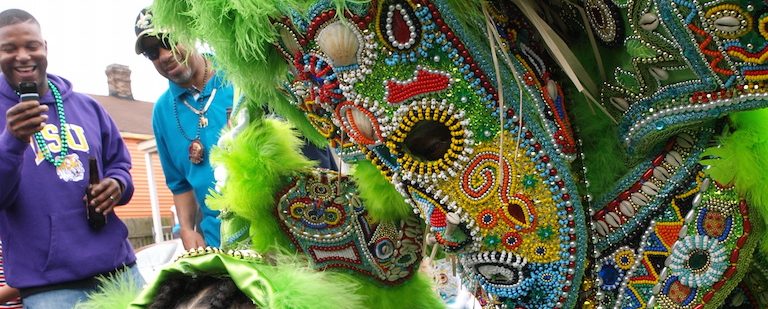The Politics of Weather
In the wake of the recently released report from the UN’s Intergovernmental Panel on Climate Change, which paints a direct picture of how our weather will change in the next few decades, it’s worth taking a moment to look at how poetry has, and is, handling climate change and weather-related disasters. Although writers have long written about nature, an environmentalist approach to literature is a more recent development, brought on by conservation efforts and natural disasters alike, with writers Denise Levertov and Patricia Smith serving as excellent examples of what has become known as ecopoetry.
In an essay for the Poetry Foundation, Forrest Gander points out that pastoral poetry, a familiar form, is different from ecopoetry, “which investigates—both thematically and formally—the relationship between nature and culture, language and perception.” Whereas the pastoral poem might be absent human beings, ecopoetry exists at the nexus between the human and the environment.
Denise Levertov is perhaps the great ecopoet of the twentieth century, her peak being in the 1960s and 1970s when factories were dumping pollutants into air and water, choking off marine life and swallowing up natural resources. Although the kinds of conversations we are having regularly now about a warming world and a changing climate are different, the 1962 poem “Another Spring” feels often electrifyingly of-the-moment.
In the poem’s opening, Levertov acknowledges that though we may not keep skulls on our desks anymore as memento mori—reminders of death—a flower performs the same function, its “gold mouth” stuffed full of the “black smell of spring earth.” Why would spring, a time of natural rebirth, renewal, and growth be associated with death? Because of the humans:
[W]e have no need
of new ways of dying.
Death in us goes ontesting the wild
chance of living,
as Adam chanced it.
Why the human impulse toward destruction, Levertov’s speaker wonders, as if there weren’t enough that could kill us? When the natural world is there to remind us of its mortal dangers at every turn, from the flower to the “tilted smile of the moon” grinning like the “Calavera of Spring,” why must humans imperil themselves? The reference to Adam suggests the impulse is as old as we are, evident from the First Man’s dark curiosity which brought death down upon the heads of humans forever. Readers also remember that Adam’s bite of the apple meant that humans would have dominion over animals and the natural world—a dominion that Levertov makes clear in her poetry elsewhere has resulted in abuse. But Levertov’s poem ends on a note of surprising hope, a sentiment perhaps more possible in 1962 than in 2018. Living, she says, means moving forward “from one moment into the next,” knowing that we will breathe the scent of “death in the spring air,” but also knowing that “air also means / music to sing to.”
Unsurprisingly, more recent poems dealing with nature and climate forgo Levertov’s cautious optimism. Patricia Smith’s book, Blood Dazzler, features a number of poems written in the voice of Hurricane Katrina as part of the collection’s chorus of voices surrounding that disaster. These poems are a satisfyingly strange take on ecopoetry’s project of investigating the collision of “language and perception.”
Take “5 p.m., Thursday, August 25, 2005,” in which we get a clear picture of all that Katrina sees with her wide-ranging eye: “My eye takes in so much— /” begins the poem, “what it craves, what I never hoped to see.” It is as if the hurricane here is separate from Katrina’s eye; Throughout these poems, Katrina’s snarling rage is her raison d’etre and she is “rash,” a “bitch,” “in full tantrum.” But in this poem, what is seen triggers, almost helplessly, the action: “It spots / weeping, then wants to see its sound. It spies / pattern and restlessly hunts the solid drum.” It is the perception, the eye, that finally is what “pushes [her] rumbling bulk forward.” It is not exactly that Katrina is helpless because she is mere weather, indifferent to human scale and suffering. It is more that Katrina is human enough, in these poems, to desire. Desiring too much, as humans may be learning, is often the beginning of the end.
The Katrina poems don’t end on a hopeful note: the last poem in the book is about the deception of weather, the way that the aftermath feels cleansing until the heat comes again to show us God’s dry eyes—there’s that vision again—full of “lightning and hurt.” But while Smith and Levertov’s poems may not offer us solace about what lies ahead, ecopoetry reminds us, at least, that for now there is “music to sing to.”


